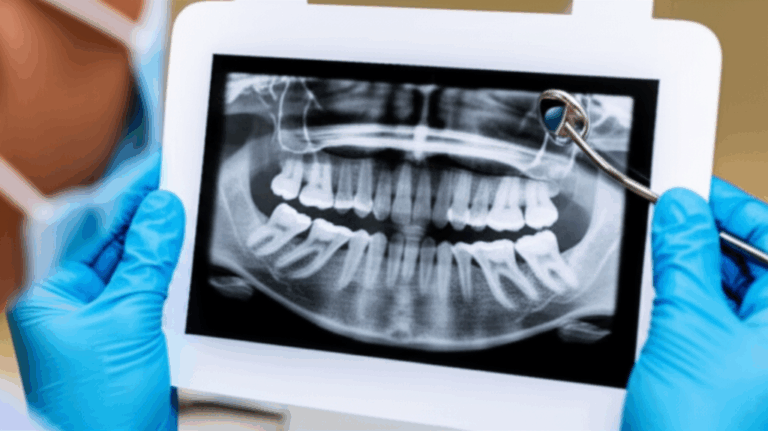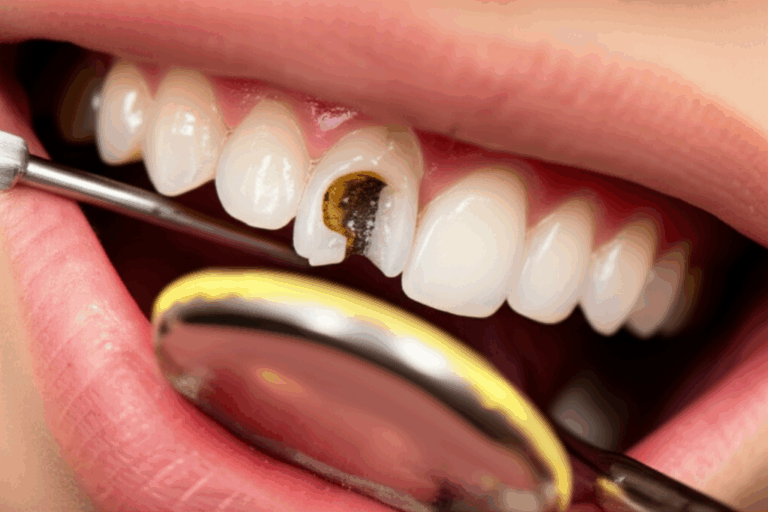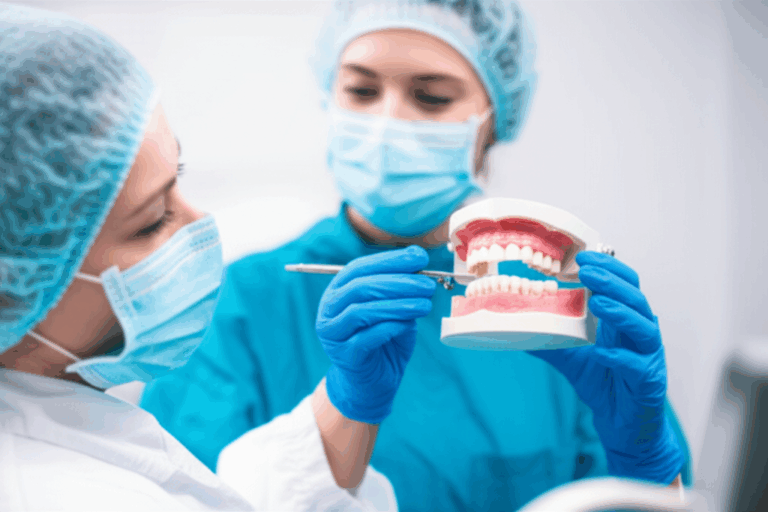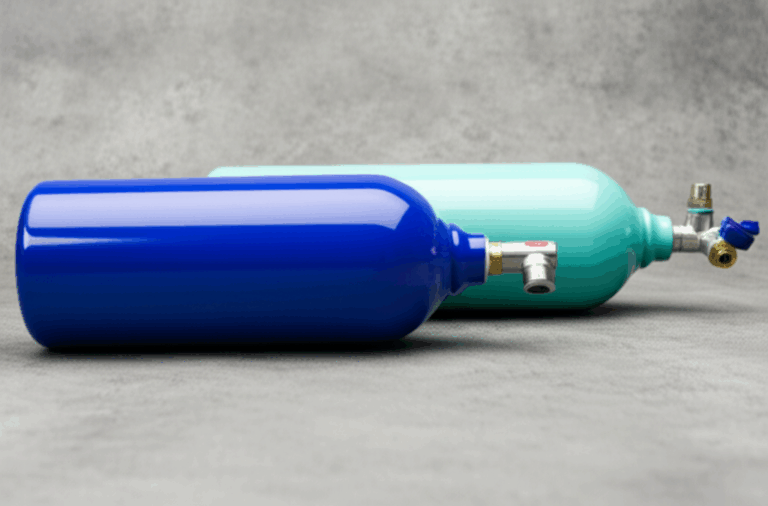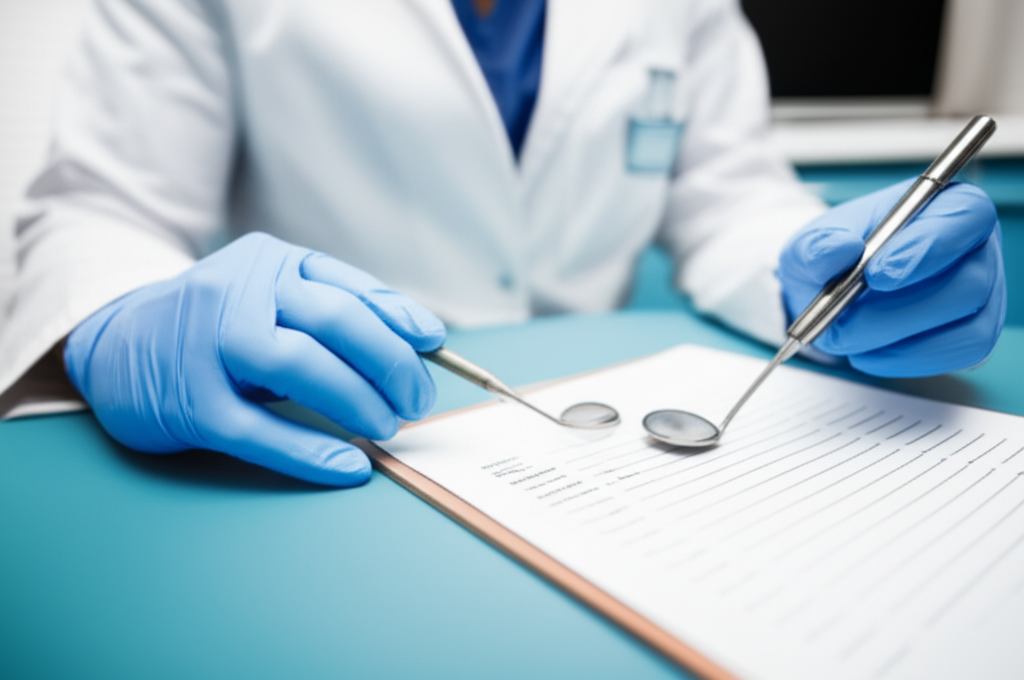
Can a Dentist Call in a Prescription? Understanding Dental Prescribing Power
Have you ever wondered, “Can my dentist call in a prescription for me?” Maybe you woke up with a toothache, or you needed medicine after getting your wisdom teeth out. This article gives you clear, direct answers about what dentists can do, why they do it, and when you might need more help. Stay with me as I walk you through what’s allowed, what’s safe, how your needs get met, and why your dentist is a big part of your healthcare team.
Table of Contents
What Does It Mean for a Dentist to Call in a Prescription?
Let’s start easy. When a dentist “calls in” a prescription, it means they send your medicine order to your pharmacy—either by phone, computer, or written note. You don’t have to stop at your doctor on your way home from the dentist. Your dentist does it for you!
This is important because sometimes you really need pain relief or medicine for an infection right after a dental visit. You’re still in the chair, and before you know it, your dentist is making sure you get the help you need fast.
Can a Dentist Really Prescribe Medications?
Yes! Dentists are licensed healthcare workers. They study for years to help with your mouth health—and that means they can give you certain medicines. Like doctors, dentists have to follow strict laws and rules. Every dentist must be registered and in good standing with the State Dental Board and the DEA (Drug Enforcement Administration) if they prescribe certain pain medicines.
Here’s the thing: dentists only give out drugs for your teeth, gums, or mouth—not all kinds of medicine. They stick to what they know best: oral health.
Why Might You Need a Dental Prescription?
Think about the last time you had a sore tooth, or maybe your mouth was swollen after braces or a tooth was pulled. These are some main problems that call for a prescription:
- Dental infections like abscesses
- Pain after oral surgery (like wisdom teeth being pulled)
- Gum disease that causes swelling or pain
- Oral thrush (an infection in the mouth from fungus)
- Dental anxiety or fear before a big treatment
If you’ve had one of these, you know how much you want quick relief. The right medicine can stop pain, fight infection, and get you back to your day fast.
What Types of Medications Can a Dentist Prescribe?
Let’s show you with a simple table what medicines dentists usually give:
| Medication Type | Common Examples | When Used |
|---|---|---|
| Antibiotics | Amoxicillin, Clindamycin, Metronidazole | For infections (abscess, swelling, etc.) |
| Pain Relievers | Ibuprofen, Acetaminophen, Hydrocodone | After surgery or bad dental pain |
| Anti-Anxiety Meds | Valium, Ativan | To help with dental fear |
| Anti-Inflammatory Drugs | Prednisone, corticosteroids | For swelling or jaw pain |
| Antifungal Drugs | Nystatin, Fluconazole | For oral thrush (mouth fungus) |
| Antiviral Drugs | Acyclovir, Valacyclovir | For cold sores (mouth virus) |
| Prescription Mouthwash | Chlorhexidine, strong fluoride | Gum disease, dry mouth, sores |
Dentists can also sometimes give medicine for special cases: like jaw muscle relaxers for jaw trouble, or special rinses for gum problems.
Want to know more about how crowns or bridges are made? Take a look at this crown and bridge lab.
When Will a Dentist Call in a Prescription?
Not all dental pain means you’ll get medicine. Dentists use what they know to decide when it’s needed. Here are some usual times:
After Removing a Tooth or Oral Surgery
If you get a tooth pulled, your dentist might give you:
- Painkillers for a few days
- Antibiotics if there’s a risk for infection
For An Infection
If your cheek is swollen or you taste something bad in your mouth, a dental abscess might be the cause. Dentists will likely give you antibiotics to keep things from getting worse.
If You’re Scared or Anxious
Some people get so nervous, they can hardly sit still in the chair. Dentists can write a prescription for a mild calming medicine before big dental work.
For Problems That Don’t Go Away
Gum disease, mouth fungus, and cold sores aren’t just annoying—they can get serious if you don’t treat them. Prescription mouthwash, anti-fungal, or anti-virus medicine can help.
Are There Rules and Limits on What Dentists Can Prescribe?
You might wonder—“Can dentists give any medicine they want?” The answer is no. Dentists follow strict rules to keep patients safe and stop misuse.
What Dentists Can Treat
Dentists stick to teeth and mouth problems. They can’t give medicine for things like:
- Asthma
- High blood pressure
- Diabetes
If your problem is bigger than your mouth, you need your regular doctor.
Pain Medicines and Strong Drugs
Pain after dental work is tough, but strong pain pills like hydrocodone come with special rules. Dentists must:
- Sign up with the DEA
- Check your medicine history in the Prescription Monitoring Program (PMP)
- Only give as much as needed for a few days of hard pain
Few Refills and Short-Term Use
Most dental prescriptions are just for short-time problems. For example:
- Three to seven days of antibiotics for an infection
- Just a few days of pain medicine after surgery
Dentists rarely give out long-term or refillable drugs, unless it’s really needed.
Safety About Your Other Medicines
Your dentist will always ask if you have allergies or take other medicines, and about your health to keep you safe from bad drug reactions.
How Does Your Dentist Decide What to Prescribe?
Dentists don’t give out medicine just because you ask. Here’s what usually happens:
They’ll ask about allergies, your other medicines, and past issues. This is to keep you safe.
Is there swelling? Is there puss? Are you in bad pain? They look at all this.
Dentists decide if you need an antibiotic, pain pill, or something else. Sometimes common drugs from the store work. Other times, you need a real prescription.
You’ll get easy steps—why you need the medicine, how much to take, and what side effects could show up. Ask if you feel lost.
Not long ago, I needed help for an infected wisdom tooth. My dentist really took the time to ask about my allergies, checked my mouth, and told me why amoxicillin was best for me. I felt safe and understood.
What Happens When You Get a Dental Prescription?
After your visit, things move pretty fast:
- Dentist sends your prescription to the pharmacy. Most offices use computers to do it safely and quickly.
- Pick up your medicine—sometimes in less than an hour.
- Follow all the instructions. Use your antibiotics until they’re gone, only use pain pills the way the dentist says, and call if you feel worse.
- Set up a follow-up visit, if needed. Dentists often want to check that you’re getting better—especially after big dental work or if you had a bad infection.
Tip: If the pharmacy has questions or problems with your medicine, your dental office can help fix it quick.
When Should You See Your Doctor Instead of a Dentist?
Dentists help with a lot, but not everything. Sometimes you need more help. Go to your doctor if:
- Your pain isn’t from your teeth or gums (maybe it’s your jaw, sinuses, or nerves)
- You have a high fever that won’t go away
- You need medicine not tied to your mouth (like for blood pressure or diabetes)
- You have health problems that affect your whole body
Not sure? Ask! Your dentist can send you to your doctor—or even talk with them to help you together.
If you want to learn about dental implants after a lost tooth, check out this implant dental laboratory.
Why Communication Matters in Dental Care
Talking openly with your dentist really matters. Here’s why it helps:
- Safety: Dentists need to know everything to steer clear of bad medicine mixes
- You’ll Know More: When you understand, you’re less afraid
- Stopping Problems Early: Good talk can stop infection or pain before it gets horrible
If you ever feel confused, don’t keep quiet. Both your dentist and pharmacist are there to help.
FAQ
Q: Is a dentist a real doctor for prescriptions?
A: Yes! Dentists are doctors of dental surgery (DDS) or doctor of dental medicine (DMD). They can write good prescriptions—just like doctors, but only for stuff in your mouth.
Q: Can a dentist give strong pain medication?
A: Dentists can give strong pain pills for heavy, short-term pain—like after big dental work—but only if it’s really needed and they keep a close watch.
Q: How long does it take to get my dental prescription?
A: Most times, you can get your medicine the same day. Electronic prescriptions make it speedy.
Q: Can my dentist give medicine for my child?
A: Yes. Kids’ dentists often give prescriptions for younger patients, but the size of the dose fits your child’s age and weight.
Q: Can a dentist say “no” to giving medicine?
A: If they don’t think medicine fits, or it isn’t a mouth problem (like antibiotics for a flu), they will say no and send you to the right kind of doctor.
Key Takeaways
- Dentists can and do call in prescriptions, usually for mouth pain, infections, or anxiety
- They only prescribe medicine for teeth, gums, or mouth problems
- There are strict rules for strong pain pills and antibiotics
- Always tell your dentist about your full health and all the medicine you take
- Good talking helps keep you safe and heals you better
- If the trouble isn’t dental, see your regular doctor
Your dentist is more than just someone who fixes cavities—they really watch out for your health. The next time you wonder if your dentist can help with a prescription, you’ll know the answer: Yes, they can!
If you want to see how new dental tech helps your care, take a look at this digital dental lab.
Stay curious, ask questions, and trust your dentist—they’ve got your back and your teeth!

